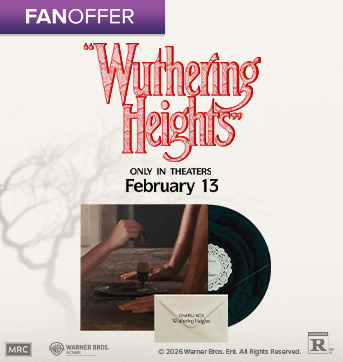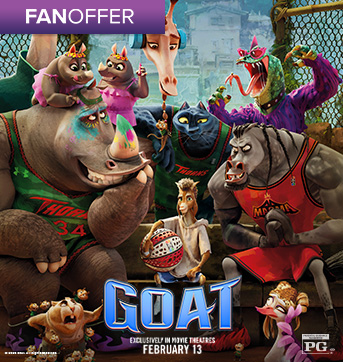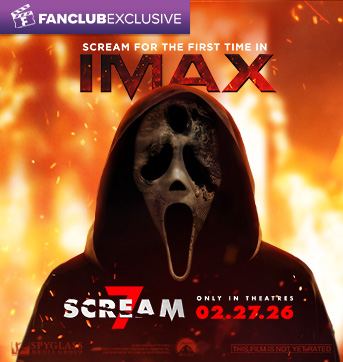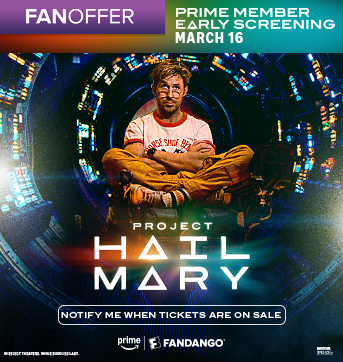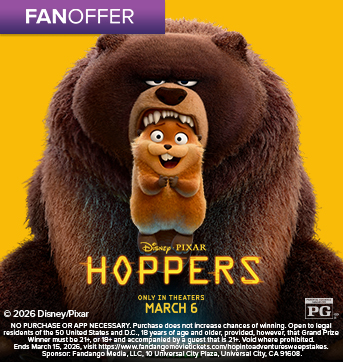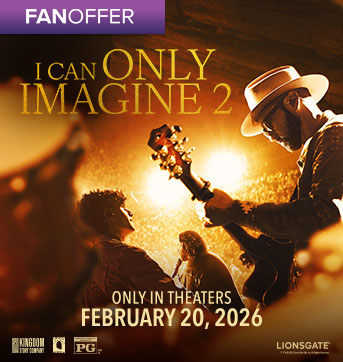
Smart-aleck, self-aware fright flicks burst onto the horror scene with 1996's Scream, but they've been around since (at least) Bride of Frankenstein in 1935. James Whale's sequel begins with Frankenstein author Mary Shelley (Elsa Lancaster) explaining that she has more of the story to tell, which ties in more with the first movie than the orginal novel.
It was a bold start to a classic movie that plays havoc with a formula developed only a few years earlier. In the decades that followed, such revisionist takes continued as filmmakers endeavored to keep the horror genre fresh. (For example, Abbot and Costello Meet the Invisible Man from 1951 approached the subject from a purely comic standpoint.) In the 1990s, however, a more self-aware approach began to take hold.
Wes Craven's New Nightmare (1994)

Beginning on set of a new Nightmare on Elm Street movie, Wes Craven proceeds to delve deeply into the psyche of horror-movie fans and filmmakers, as well as the psychology of a franchise that has inspired so many sequels, all while addiing new twists and turns to the character of Freddy Krueger.
Scream (1996)

Picking up on that thread, Wes Craven brought an original script by Kevin Williamson to vivid life. It's a whip-smart, extremely self-aware and caustic reinterpretation of the slasher flicks that became so popular in the 1980s.
Shaun of the Dead (2004)

Simon Pegg and Edgar Wright littered their screenplay with sly references to classic horror movies, and then Wright subtly amplified those loving nods visually, resulting in a zombie comedy that is thoroughly entertaining, even for non-horror fans.
Zombieland (2009)

OK, Jesse Eisenberg, you've survived the zombie apocalypse; now what? Fortunately for Jesse and his eventual ragtag team of fellow survivors (Woody Harrelson, Emma Stone, Abigail Breslin), they've learned many helpful lessons, no doubt from watching zombie movies.
Tucker and Dale vs. Evil (2010)

In this rollicking, bloody comedy, our heroes are hillbillies on vacation; their physical appearance prompts a group of visiting college kids to jump to deadly conclusions because they've seen one too many horror movies.
Fright Night (2011)

As in the 1985 original, the remake features a character named Peter Vincent (played by David Tennant), but this time he's a Las Vegas performer rather than a late-night TV host. He kills vampires onstage in a very self-aware production, yet when confronted by the real thing, he finds it far more challenging to do the right thing.
Detention (2011)

The lightning-fast pace, candy-coated colors, and offbeat comedy may be off-putting to some, but there's no doubt that director Joseph Kahn intends to challenge and entertain viewers. His mirthful, mocking approach is entirely self-aware of what it aims to do, especially as the horror elements become more apparent.
The Cabin in the Woods (2012)

Stop us if you've heard this before: A group of young people head to an isolated cabin in the woods, only to discover that all is not what it seems. This is, perhaps, the epitome of a self-aware horror movie, violent yet funny and unpredictable.


